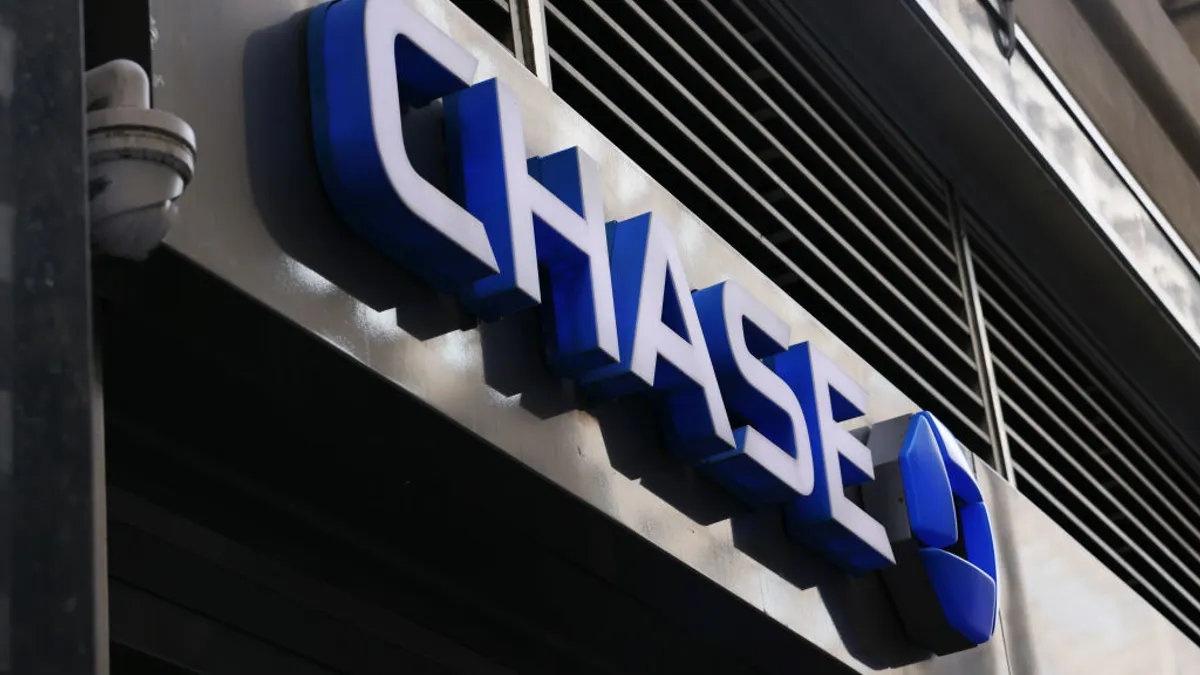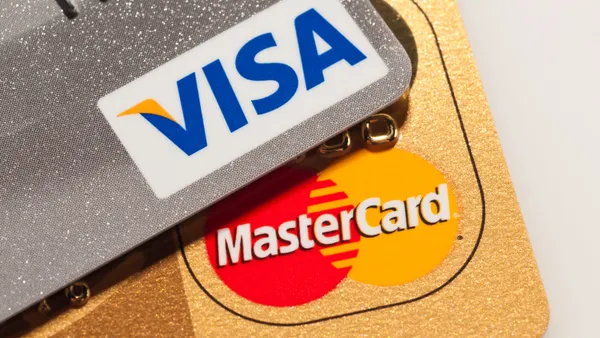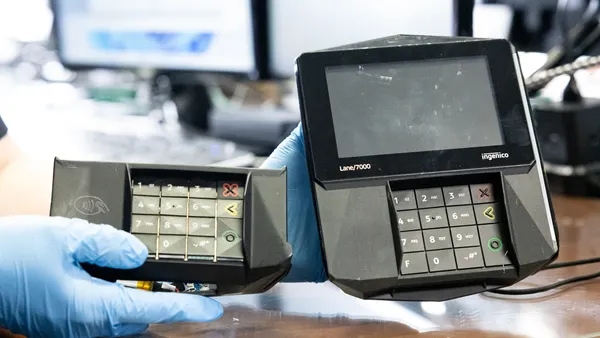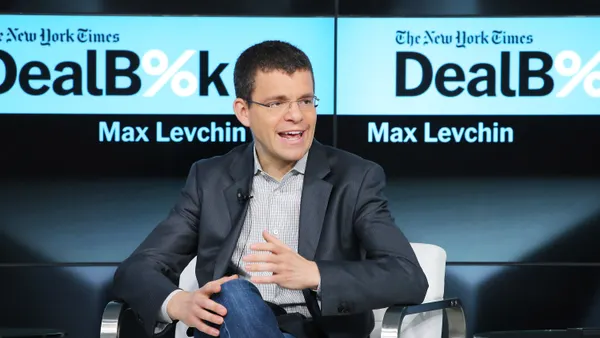Dive Brief:
- JPMorgan Chase, the biggest U.S. bank, said last week that it’s encouraging customers to make sure they’re receiving their federal government disbursements by direct deposit ahead of the Treasury Department’s plan to stop sending paper checks for most payments on Sept. 30.
- Direct deposits are safer and faster than checks, and also avoid the risks of theft and delays, the bank said in an Aug. 27 press release. To enroll in direct deposit, Chase suggested consumers contact the agency that issues a check, or the Treasury’s Electronic Payment Solution Center.
- When customers come to branches with paper checks to cash, bank personnel are generally trying to alert them to the federal government’s transition away from checks, said Chase spokesperson Daniel Castorina. “We’re supportive of this move because we think it’s safer for customers,” he explained, emphasizing that the bank wants to spread the message.
Dive Insight:
In March, the Trump administration issued an executive order calling on the federal government to phase out the use of paper checks for payments of all types, including Social Security benefits, vendor payments and tax refunds.
While a significant portion of federal government disbursements are already sent electronically, there are still a significant number of U.S. residents, including those who are unbanked, that receive critical benefits by way of checks.
There are about 600,000 people who receive Social Security benefits by check, according to a July statement from Sen. Elizabeth Warren, a Democrat from Massachusetts who met that month with Social Security Commissioner Frank Bisignano to discuss the paper check change.
At that meeting, the Social Security Administration backed away somewhat from the plan, saying it would continue to provide beneficiaries with checks if they “have no other means of getting payments,” according to a July 24 report from CBS News. There are about 70 million beneficiaries who receive Social Security benefits, a spokesperson for the agency told CBS.
The Social Security program is principally aimed at older Americans who contributed to the pool of money when they were employed.
“It's a small fraction of people who receive Social Security payments, but it's a population that often needs checks through paper” versus electronic deposit, Warren said during a call with reporters after her meeting with Bisignano. The commissioner was formerly the CEO of payments processor giant Fiserv before being appointed to lead the agency this year.
Other than Chase staffers addressing customers personally about the federal check elimination, the bank doesn’t have any particular advertising campaign or promotions to steer consumers away from paper checks, Castorina said. He declined to comment on what types of federal government checks Chase sees most frequently from its patrons.
Despite the Trump administration’s plan to pursue a public awareness campaign regarding the end of paper checks, some consumer advocates say there hasn’t been sufficient messaging about the change.
“I'm concerned that the government isn’t doing enough to raise awareness among the remaining federal benefit recipients,” Financial Health Network CEO Jennifer Tescher said in a post on her LinkedIn profile. “More than 500,000 Social Security beneficiaries still get paper checks, as do nearly 250,000 [Supplemental Security Income] recipients - in both cases, populations that may be challenged by a sudden change.”
In an update last month, the Treasury Department’s Bureau of Fiscal Service reiterated the plan to move away from checks and advised check recipients as to how they could enroll in direct deposit programs.
“With paper checks over 16 times more likely to get lost, stolen, altered, or delayed, we encourage those still receiving paper checks to make the switch today. Electronic payments such as direct deposit are safer than checks, allow quicker access to funds, and have less risk of fraud,” said Treasury’s Fiscal Service Chief Disbursing Officer Linda Chero.













